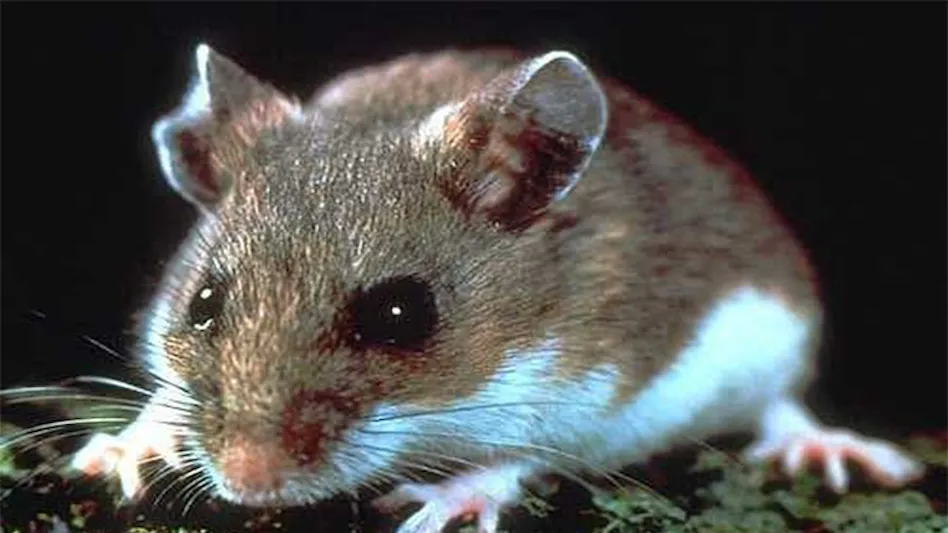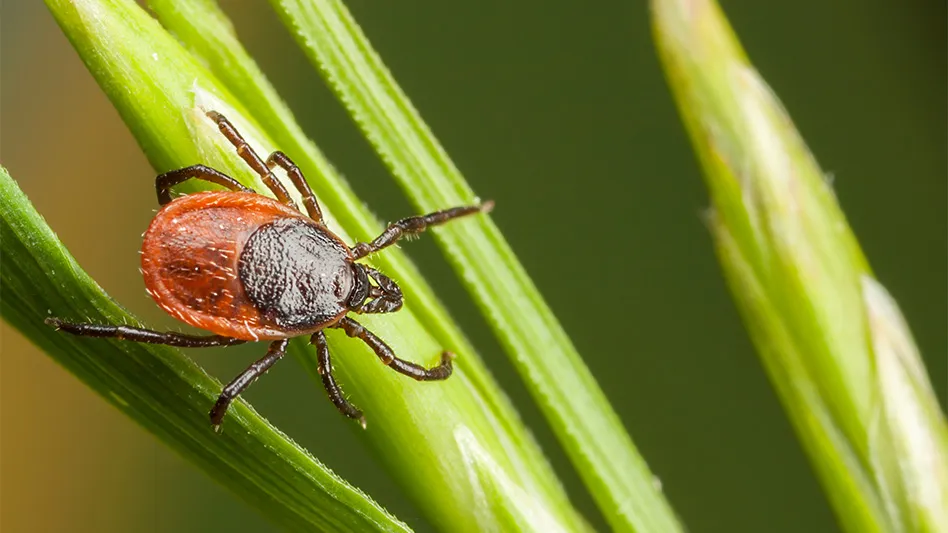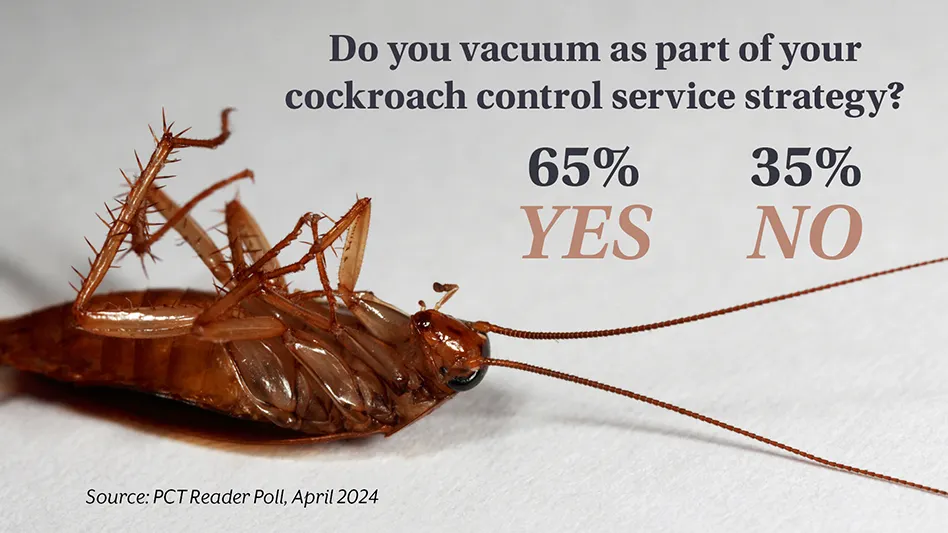
LONDON - Rodents have joined mosquitoes in the cross-hairs of scientists working on a next-generation genetic technology known as “gene drive” to control pests, Reuters reported.
Researchers in Scotland said they had developed two different ways to disrupt female fertility in rats and mice, building on a similar approach that has already been tested in the lab to eliminate malaria-carrying mosquitoes.
So-called gene drives push engineered genes through multiple generations by over-riding normal biological processes, so that all offspring carry two copies. Usually, animals would receive one copy of a gene from the mother and one from the father.
The technique is extremely powerful but also controversial, since such genetically engineered organisms could have an irreversible impact on the ecosystem.
Concerns about the proliferation of mutant species have led some to call for a gene drive ban, but Bruce Whitelaw of the University of Edinburgh’s Roslin Institute told Reuters that would be short sighted.
“A moratorium would prevent the research which is required for us to understand if and how this can be used in an advantageous way for our society,” he told reporters in London.
CLICK HERE to read the entire article.
Source: Reuters
Latest from Pest Control Technology
- Ground Control
- Scientists, PMPs Collaborating to Map Termite Distribution in Southern U.S.
- Viking Pest Control Organizes a Charity Bike Build for Local Families
- Gaining Control of Structure-Infesting Carpenter Ants
- Big Blue Bug’s Brian Goldman Receives Rhode Island Small Business Person of the Year Award
- UF Researchers Examine How Much Bait it Takes to Eliminate a Subterranean Termite Colony
- Women in Pest Control Group Continues to Grow, Provide Opportunities in the Industry
- NPMA Announces Results of 2024-2025 Board of Directors Election





